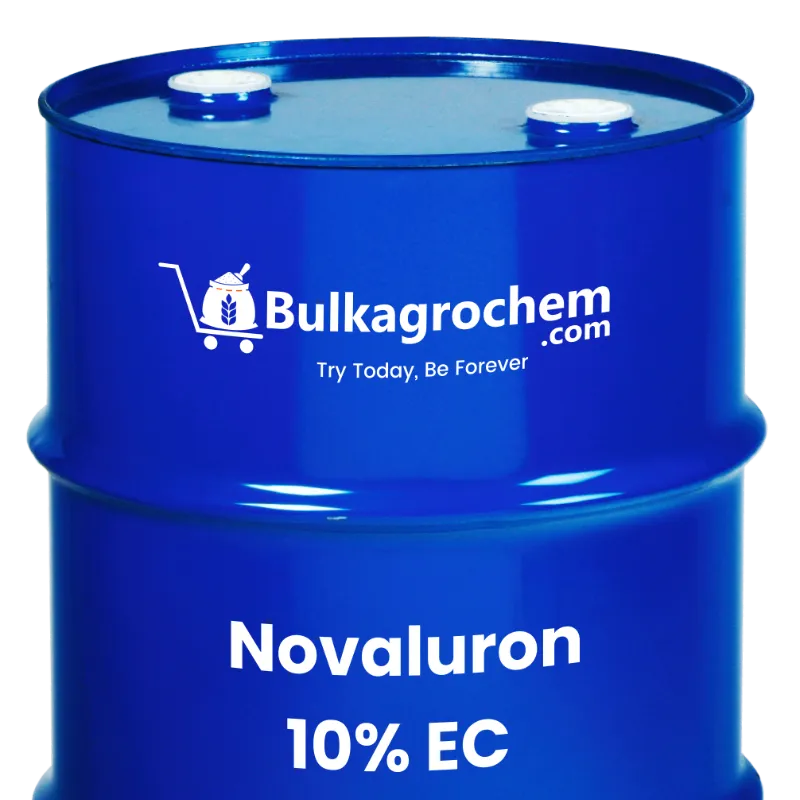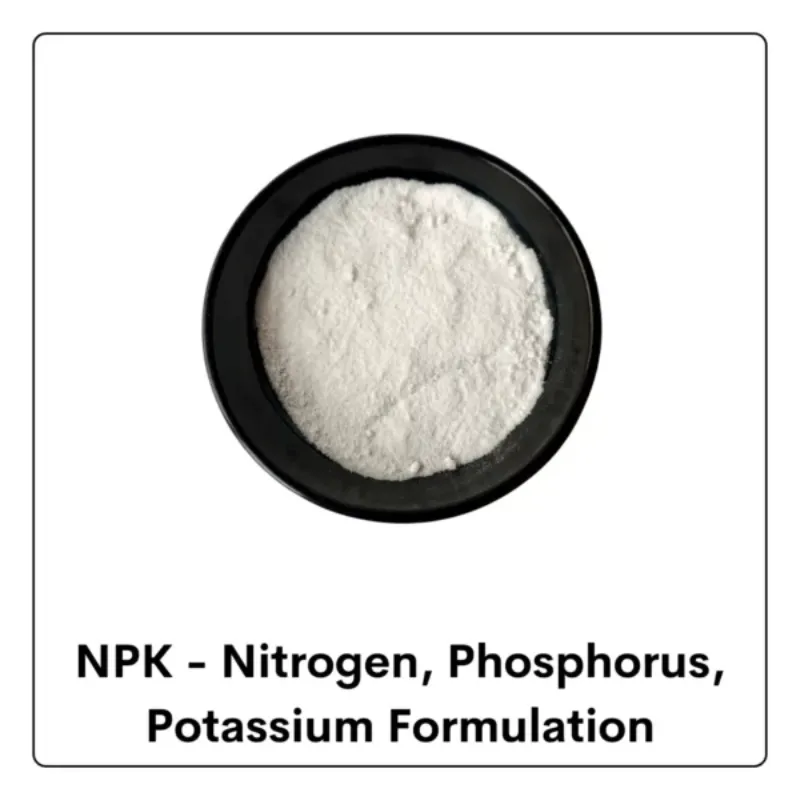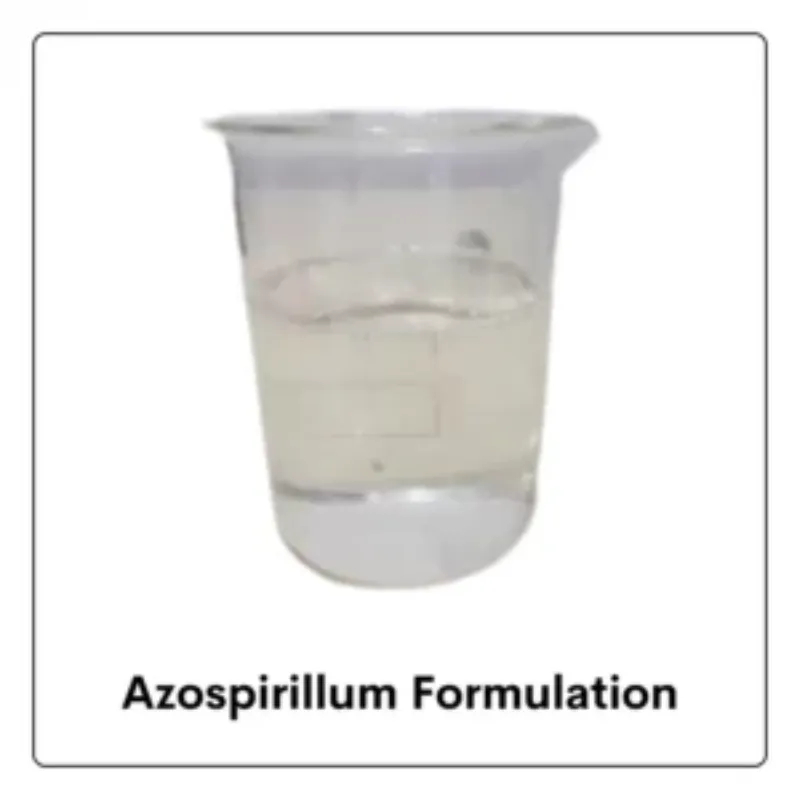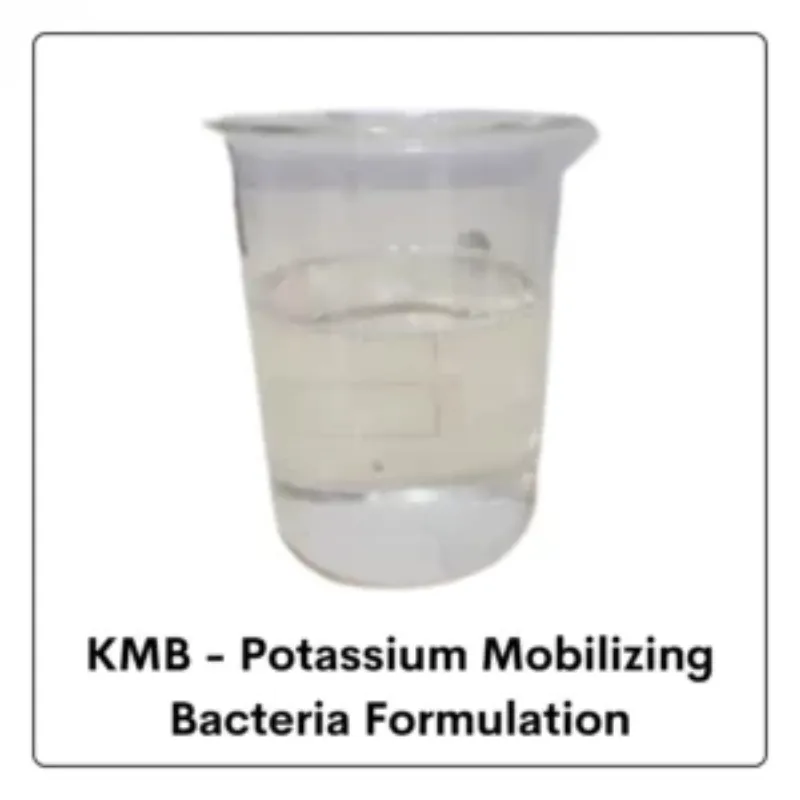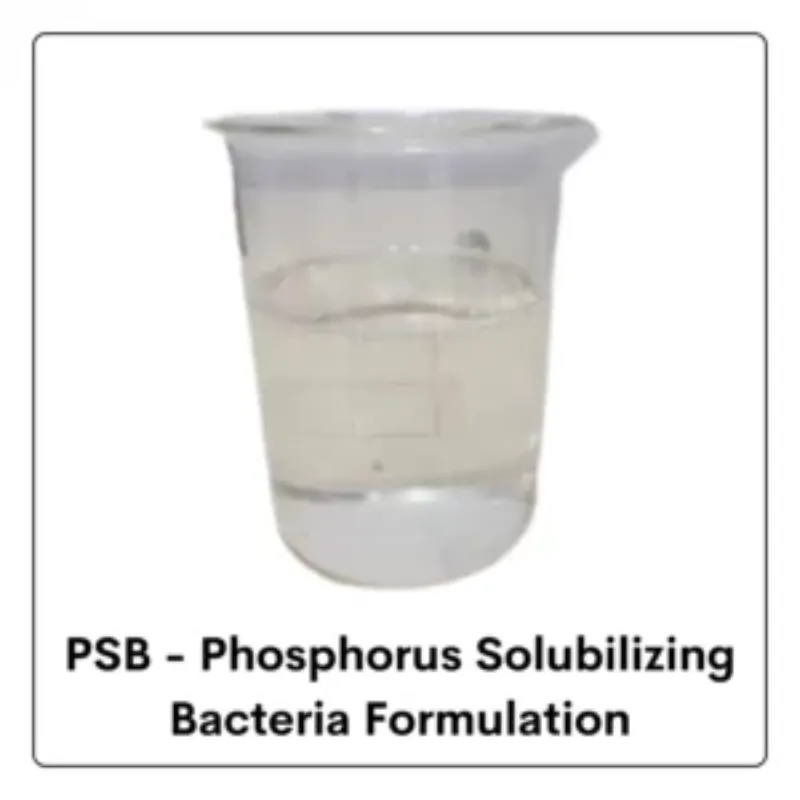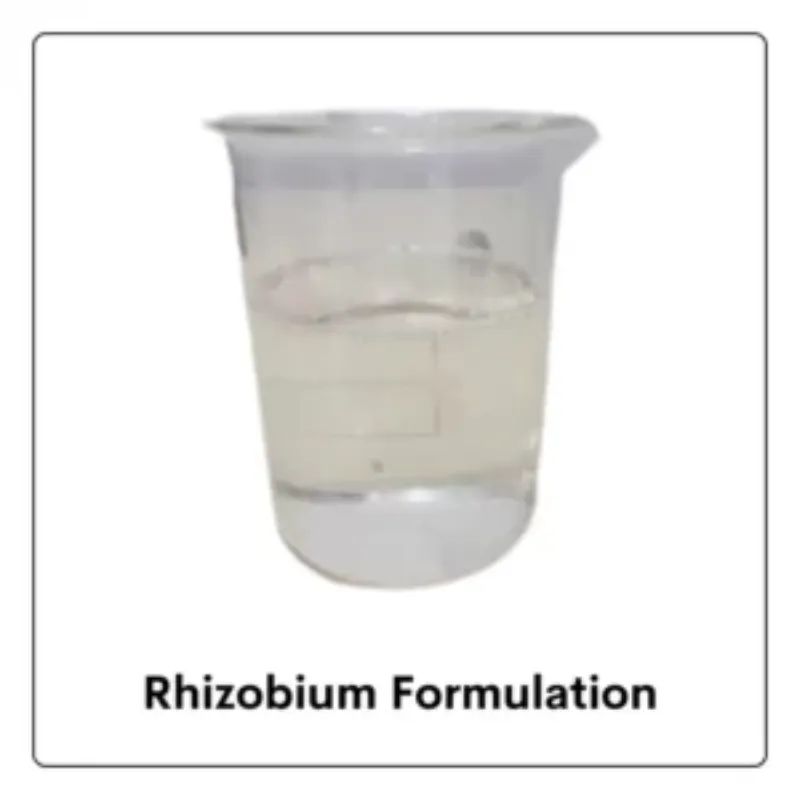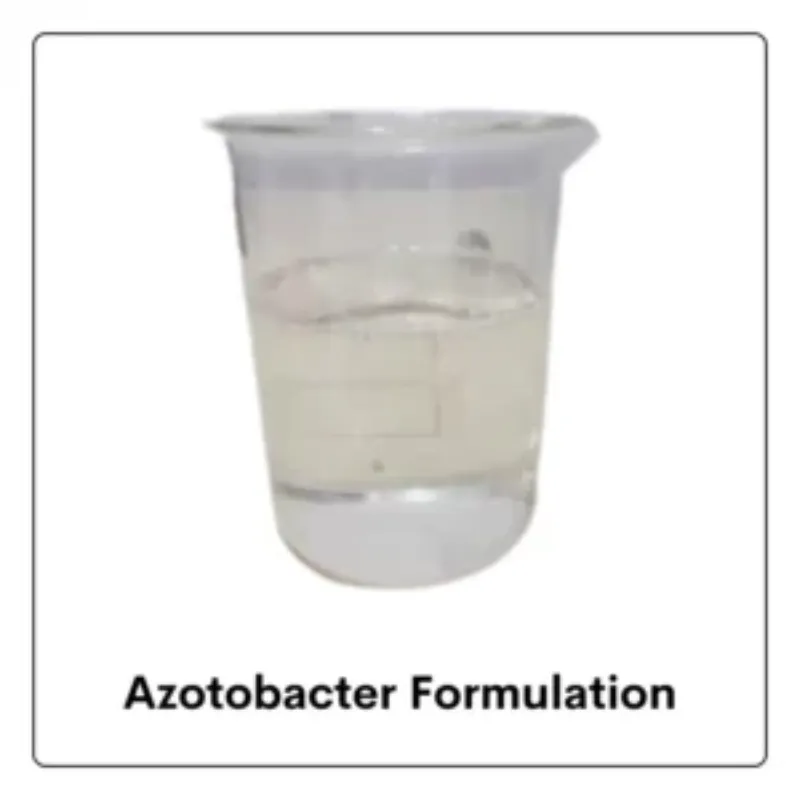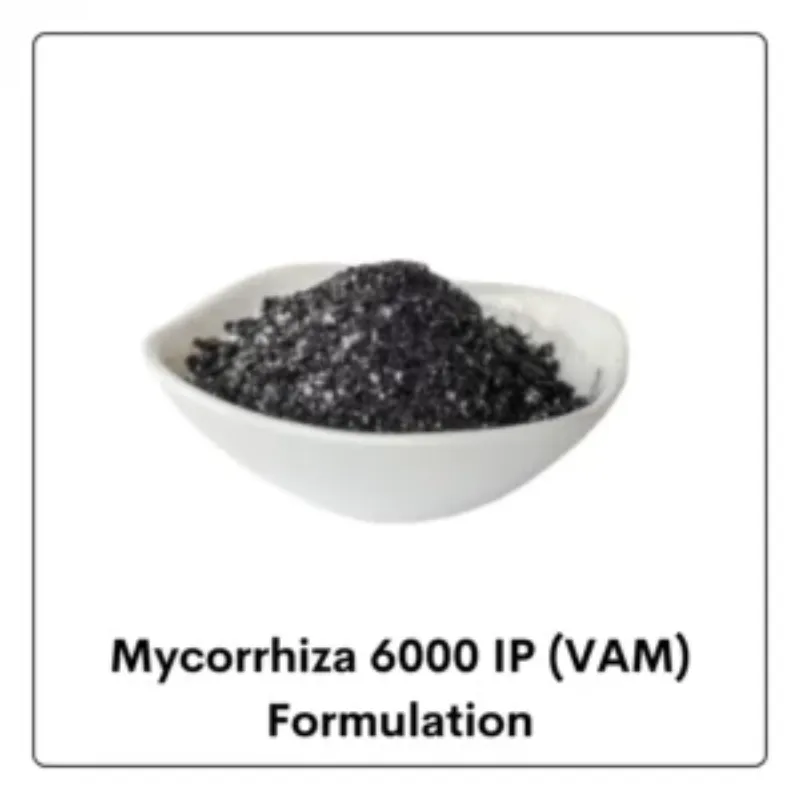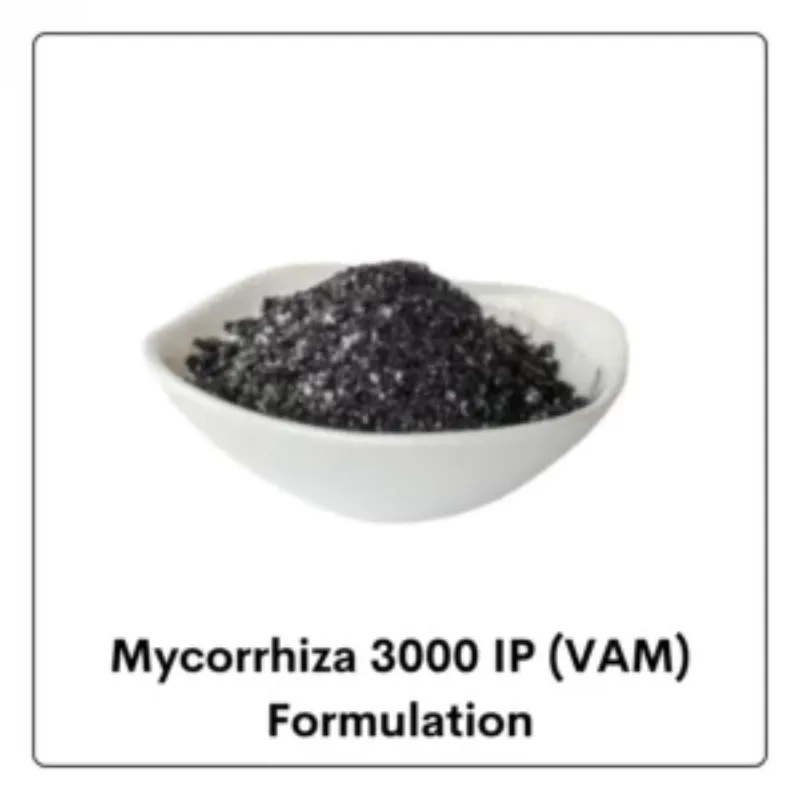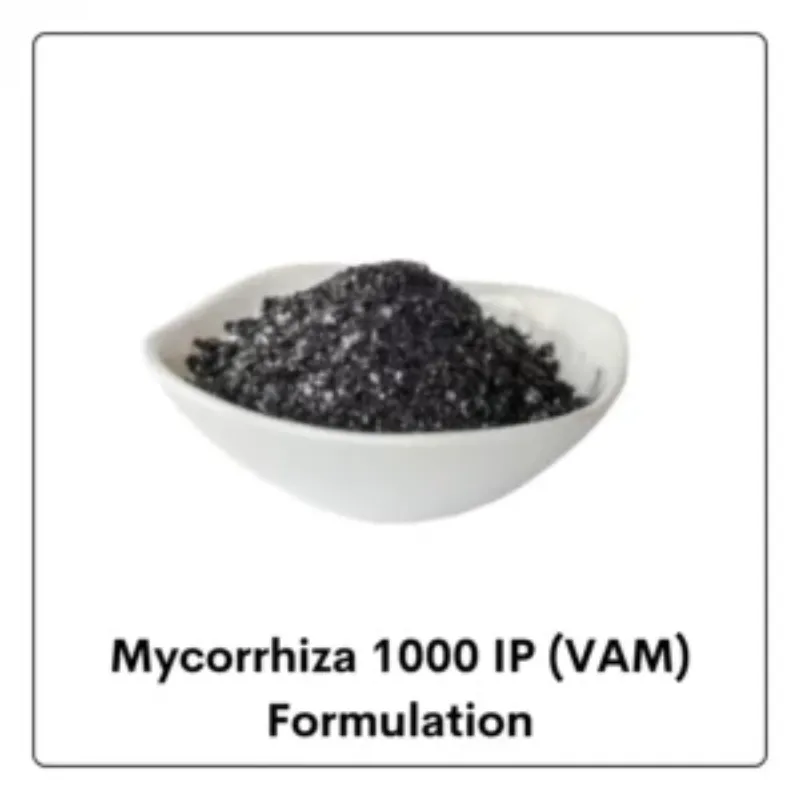Product Details
| Manufacturer Name: | Hardik Tailor |
|---|---|
| Brand: | Unicorn Biochem Factory |
| Shelf Life: | 1 Year |
| Usage / Application: | 1. Food and Beverage Industry: Used as a natural sweetener in sugar-free and low-calorie products. Common in soft drinks, juices, dairy products, yogurts, sauces, baked goods, and ice creams. A preferred ingredient in health-focused and diabetic-friendly foods. 2. Pharmaceuticals and Nutraceuticals: Used in sugar-free medicines, cough syrups, and chewable tablets. Acts as a flavoring agent in nutritional supplements and health tonics. Helps improve the taste of bitter medicines without affecting blood sugar. |
| Packaging Type: | Asteedi is packed in vacuum-sealed or nitrogen-flushed bags |
| Physical Appearance: | Fresh Stevia Leaves, Dried Stevia Leaves, Stevia Powder (Crude or Green Powder) |
| Active Ingredient: | Steviol Glycosides, Natural Plant Components |
| Also Gives (third party manufacturing): | Unicorn Biochem Asteedi (tebuconazole 18.3% w/w SC) |
| Prescription / Non-Prescription: | Keep out of reach of children |
| Country of Origin: | Russia |
| Storage Instructions: | Keep away of sunlight |
| Minimum Order Quantity: | 25 |
-
Asteedi (Stevia) – A Natural Sweetener and Promising Agricultural Crop
Asteedi, also known as Stevia, is a natural sweetener obtained from the leaves of the Stevia rebaudiana plant. It is increasingly recognized as a valuable agricultural product due to its high commercial demand, health benefits, and adaptability to various climatic conditions.
Origin and Botanical Features:
Originally native to South America, Stevia has been used for centuries by indigenous people to sweeten beverages and traditional medicines. The plant is a small perennial herb that grows well in tropical and subtropical regions. It thrives in warm climates, with well-drained loamy soil and moderate rainfall, making it suitable for cultivation in various parts of India.
Agricultural Benefits:
From an agricultural perspective, Asteedi offers several advantages:
- Low Input Requirements: It requires less water, pesticides, and fertilizers compared to sugarcane or sugar beet, making it a more sustainable crop.
- Multiple Harvests: Farmers can harvest the leaves several times a year, usually 3 to 4 cuttings annually, leading to better income per acre.
- Climate Adaptability: Asteedi can grow in diverse environmental conditions and is moderately drought-resistant.
- High Profit Margin: Due to increasing health awareness, the demand for Stevia extract is rising globally, giving farmers access to high-value markets.
Health and Commercial Uses:
The sweet compounds in Stevia, known as steviol glycosides, are 200 to 300 times sweeter than regular sugar but contain zero calories. This makes Stevia ideal for people with diabetes, obesity, or those looking to reduce sugar intake. Unlike synthetic sweeteners, Stevia is natural and safe for long-term use.
Stevia is used in:
- Sugar-free food and drinks (soft drinks, desserts, sauces)
- Nutritional supplements
- Pharmaceutical products
- Herbal teas and traditional medicine
Economic Importance:
The global shift toward natural and low-calorie sweeteners has made Asteedi a high-demand product. Countries like Japan, China, the USA, and India are major producers and consumers. With proper training and support, small and medium farmers can adopt Asteedi cultivation as a reliable source of income.
Conclusion:
Asteedi is not just a sugar substitute; it is a revolutionary crop in sustainable agriculture. With growing health concerns and a global push toward natural products, Asteedi farming offers both economic and environmental benefits. Promoting its cultivation can support rural development, improve farmer incomes, and contribute to healthier lifestyles.
Asteedi (Stevia) – A Natural Sweetener and Promising Agricultural Crop
Asteedi, also known as Stevia, is a natural sweetener obtained from the leaves of the Stevia rebaudiana plant. It is increasingly recognized as a valuable agricultural product due to its high commercial demand, health benefits, and adaptability to various climatic conditions.
Origin and Botanical Features:
Originally native to South America, Stevia has been used for centuries by indigenous people to sweeten beverages and traditional medicines. The plant is a small perennial herb that grows well in tropical and subtropical regions. It thrives in warm climates, with well-drained loamy soil and moderate rainfall, making it suitable for cultivation in various parts of India.
Agricultural Benefits:
From an agricultural perspective, Asteedi offers several advantages:
- Low Input Requirements: It requires less water, pesticides, and fertilizers compared to sugarcane or sugar beet, making it a more sustainable crop.
- Multiple Harvests: Farmers can harvest the leaves several times a year, usually 3 to 4 cuttings annually, leading to better income per acre.
- Climate Adaptability: Asteedi can grow in diverse environmental conditions and is moderately drought-resistant.
- High Profit Margin: Due to increasing health awareness, the demand for Stevia extract is rising globally, giving farmers access to high-value markets.
Health and Commercial Uses:
The sweet compounds in Stevia, known as steviol glycosides, are 200 to 300 times sweeter than regular sugar but contain zero calories. This makes Stevia ideal for people with diabetes, obesity, or those looking to reduce sugar intake. Unlike synthetic sweeteners, Stevia is natural and safe for long-term use.
Stevia is used in:
- Sugar-free food and drinks (soft drinks, desserts, sauces)
- Nutritional supplements
- Pharmaceutical products
- Herbal teas and traditional medicine
Economic Importance:
The global shift toward natural and low-calorie sweeteners has made Asteedi a high-demand product. Countries like Japan, China, the USA, and India are major producers and consumers. With proper training and support, small and medium farmers can adopt Asteedi cultivation as a reliable source of income.
Conclusion:
Asteedi is not just a sugar substitute; it is a revolutionary crop in sustainable agriculture. With growing health concerns and a global push toward natural products, Asteedi farming offers both economic and environmental benefits. Promoting its cultivation can support rural development, improve farmer incomes, and contribute to healthier lifestyles.
Send Message
Send Message
Product Details
About the Company
| GST Registration Date | N/A |
|---|---|
| GST | N/A |
| Number of Employees | N/A |
| Legal Status of Firm | N/A |
| Nature of Business | N/A |
| Annual Turnover | N/A |
Unicrop Biochem stands tall as a premier agrochemical player in India since 2011, leading with innovation and quality. Our enduring commitment has made us a trusted name in shaping the agricultural landscape. The Standard of Agricultural Quality Elevating agriculture with unwavering quality standards. From field to formulation, excellence is our promise.Our reach ensures farmers worldwide access our quality solutions, fostering growth and sustainability in every corner of the agricultural landscape.








